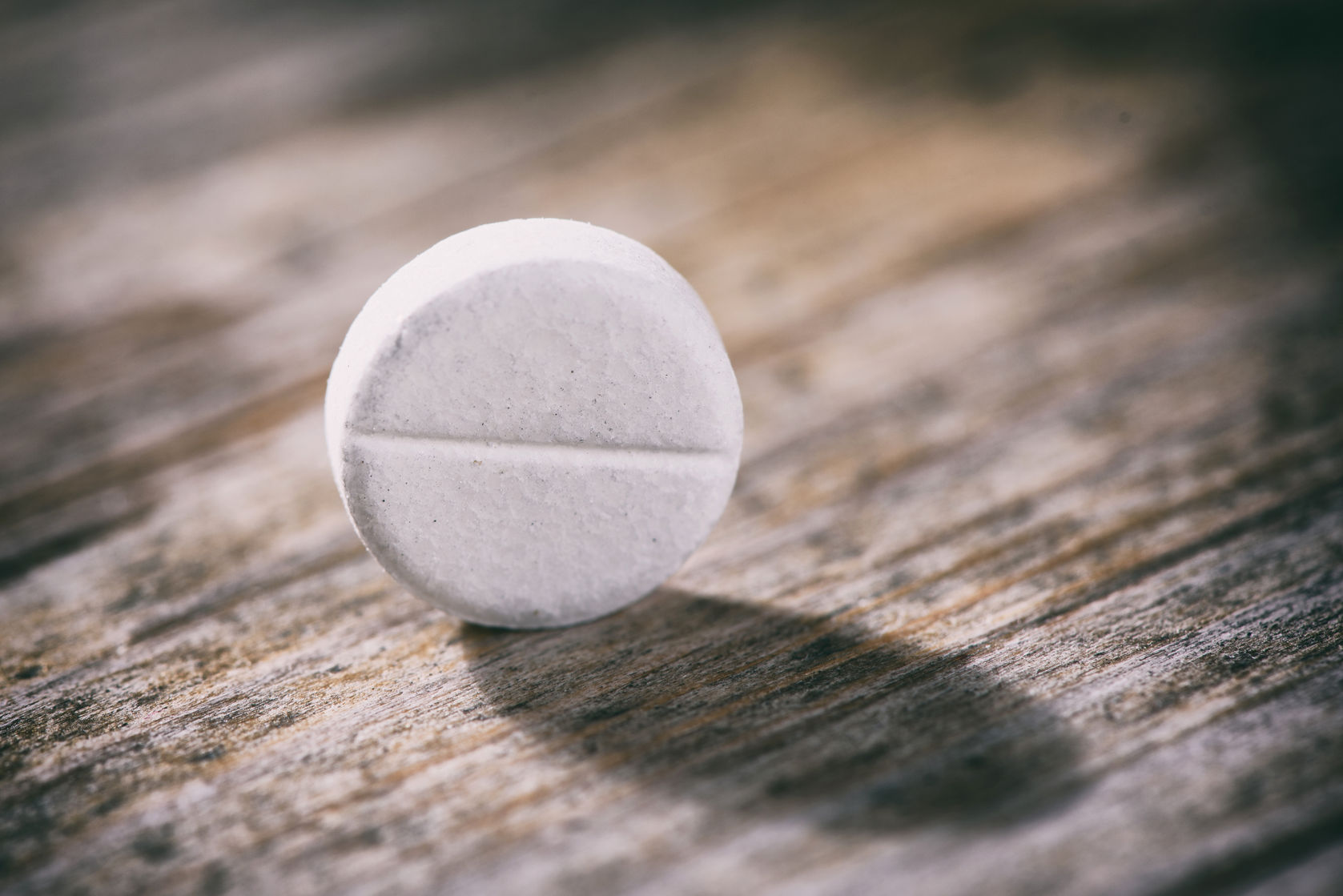“An apple a day keeps the doctor away, but an Aspirin a day keeps you living night and day.” Dr. Alfred Sparman
A staple in the American medicine cabinet, Aspirin, a salicylate and a nonsteroidal anti-inflammatory drug (NSAID) was first marketed under the current name in 1899. It is commonly used to treat pain, fever and inflammation. Nonetheless, there is also a place for aspirin in the treatment of patients with a history of or who are at risk of, heart disease and stroke. Although there has been a debate as to who should receive the credit for its discovery, one thing which cannot be disputed, is that it plays a significant role in the management of heart disease and stroke. As a result, the US Preventive Services Task Force has recommended aspirin therapy as a tool which may be used to lessen the risk of major cardiovascular events in certain groups.
In the last 30 years the benefit of aspirin for primary cardiovascular disease has been examined in nine major trials. Some of which include Prevention of Progression of Arterial Disease and Diabetes, the Women’s Health Study and the British Doctors’ Trial.
Heart attacks occur as a result of interrupted blood flow to the heart muscle or in the case of a stroke (ischemic), the brain. When there is a buildup of substances or plaque in the inner lining of an artery, a heart attack or stroke may occur.
So how does aspirin help reduce your risk? During a heart attack or stroke (ischemic) a blood clot will form in the arteries of the heart or brain; this then has the potential to impede the flow of oxygen-rich blood. This is where aspirin becomes most valuable. Aspirin slows down the blood clotting process. It blocks the enzyme known as cyclooxygenase. This enzyme produces a range of hormones known as prostanoids, which cause platelets to clump together. If aspirin is taken during a heart attack, the size of the clot may be reduced; allowing the oxygen-rich blood to flow freely. In short, aspirin is used to prevent your blood from clotting by reducing the ability of the platelets to clump together. That being said, in the event of an emergency where a heart attack or stroke is suspected, the priority should be contacting the emergency services and transport to the emergency or urgent care Centre.
The American Heart Association supports the use of aspirin as a prophylactic treatment for persons who present with high risk for heart attack. The daily use of low-dose aspirin for people at high risk of heart attack has proven to be beneficial. The Association also supports the use of low-dose aspirin in secondary prevention. That is to say, it is a recommended therapy for heart attack survivors and others persons with a known history of cardiovascular disease.
Discuss the use of aspirin with your doctor. Aspirin should not be taken without supervision from a physician. Although beneficial, aspirin is not recommended for everyone. It is not advisable for persons with bleeding disorders, particular gastrointestinal conditions, some patients with a history of stroke, as well as a number of additional conditions. Any and all drug and herbal treatments should be discussed with a medical doctor.

